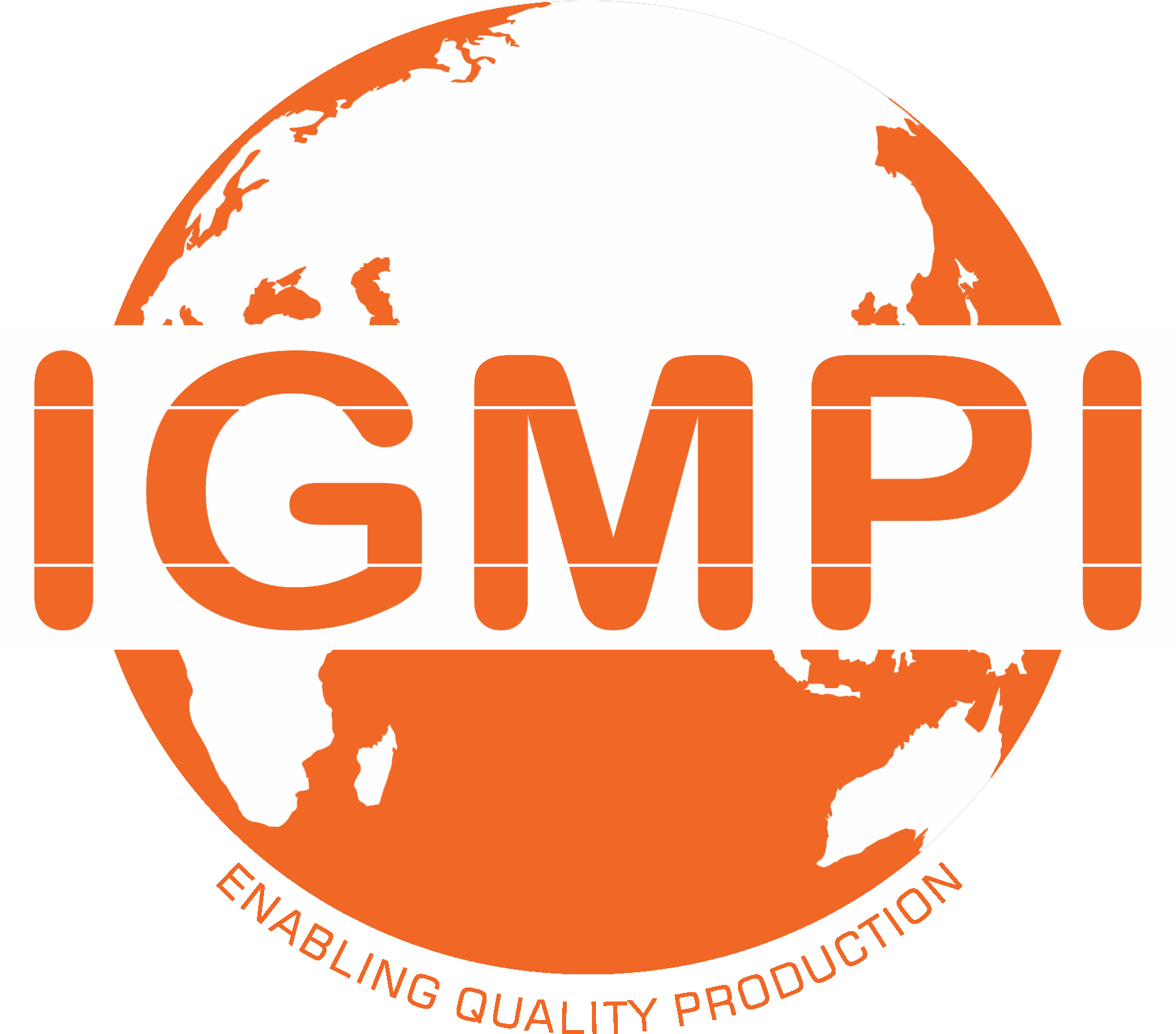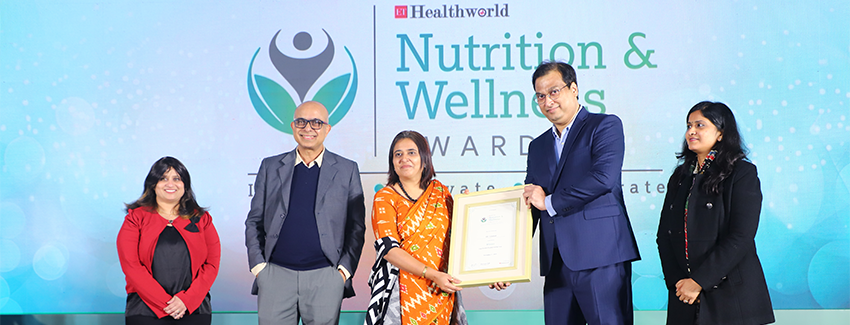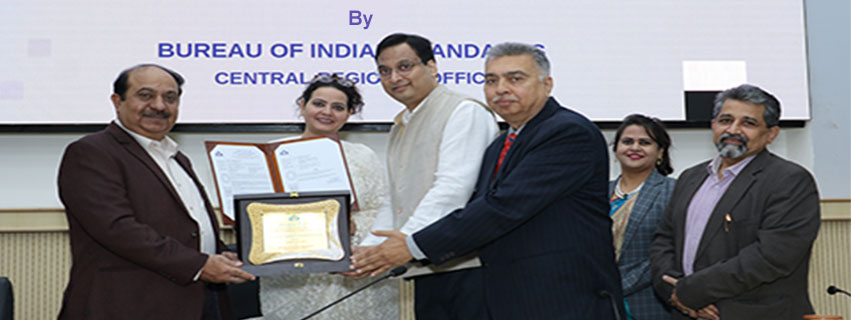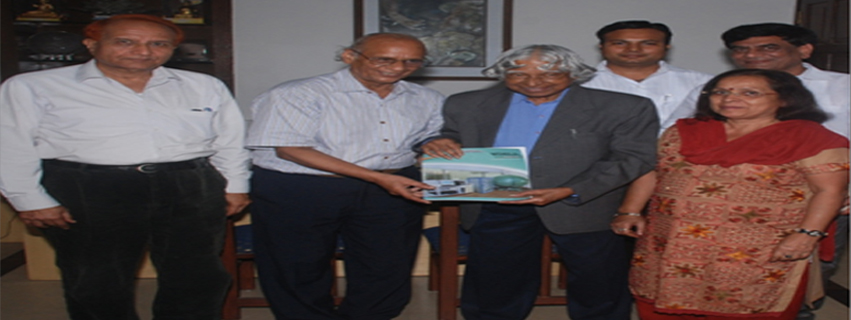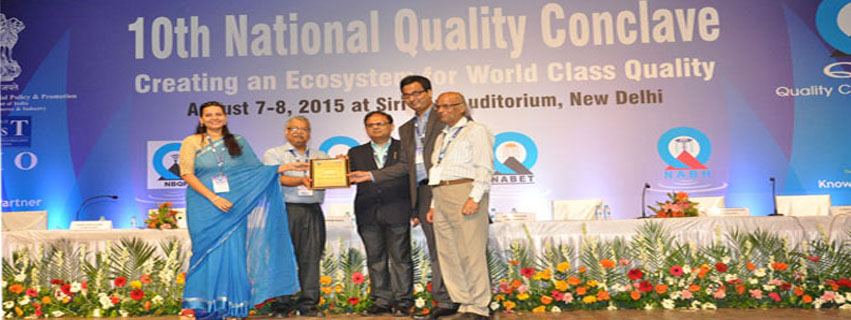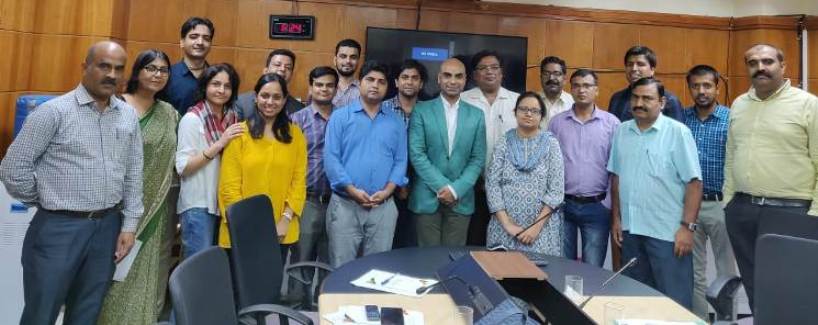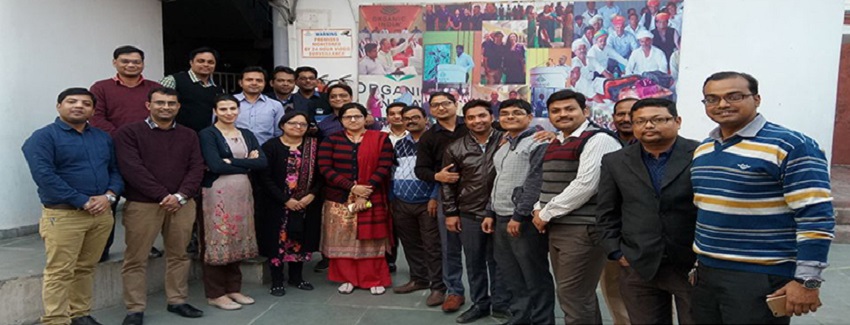(An Autonomous Body Recognized by Ministry of Commerce & Industry, Government of India)
Competency based placement focussed Education | Training | Research | Consultancy
Professional Certification in Trauma-Informed Therapy (PCTIT)
The Professional Course in Trauma-Informed Therapy explores the intersection of psychology, neuroscience, and therapeutic interventions, focusing on the profound impact of trauma on the mind and body. It examines how traumatic experiences shape cognitive functions, emotions, and behavior, influencing overall well-being. This program provides a comprehensive understanding of trauma, integrating theoretical knowledge with practical applications to equip students with the skills needed to assess, support, and facilitate healing for individuals affected by trauma. Through a trauma-informed lens, participants will learn evidence-based approaches to foster resilience, recovery, and empowerment in diverse therapeutic settings.
Programme Overview:
The Professional Certification in Trauma-Informed Therapy is a six-month program designed to equip professionals with a deep understanding of trauma, its psychological and physiological effects, and evidence-based therapeutic interventions. Integrating theoretical knowledge with required skills, this course prepares participants for real-world challenges in mental health, social work, education, and healthcare. The curriculum covers trauma neurobiology, assessment and diagnosis, PTSD and related disorders, and therapeutic approaches such as Cognitive-Behavioral Therapy (CBT), Eye Movement Desensitization and Reprocessing (EMDR), and somatic therapies. It also explores expressive therapies like art, movement, and mindfulness, alongside specialized training for working with children, veterans, survivors of abuse, and marginalized communities. Emphasizing crisis intervention, trauma recovery, and post-traumatic growth, the course also highlights practitioner self-care, ethical considerations, and sustainable trauma-informed practice. Learning is facilitated through reading materials, case studies, and assessments, with certification awarded upon successful completion, equipping professionals with the skills to implement trauma-informed care effectively.
Programme Structure
International Affiliation with
Programme Structure
International Affiliation with
Module 1: Introduction to Trauma-Informed Therapy
-
Understanding Trauma: Definition, Types, and Impact
-
Principles of Trauma-Informed Care (TIC)
-
Ethical Considerations and Cultural Perspectives in Trauma Work
Module 2: Neurobiology of Trauma
-
How Trauma Affects the Brain & Nervous System (Polyvagal Theory, Trauma Responses)
-
Trauma and Memory: Implicit vs. Explicit Memory
-
Neuroplasticity and Recovery: Healing the Brain
Module 3: Types of Trauma and Their Impact
-
Acute, Chronic, and Complex Trauma (ACEs, Intergenerational Trauma)
-
Trauma in High-Risk Populations (Veterans, Refugees, Survivors of Abuse)
-
Psychosocial and Emotional Consequences of Trauma
Module 4: Trauma-Informed Assessment and Diagnosis
-
Screening and Assessment Tools for Trauma
-
PTSD, C-PTSD, and Dissociative Disorders: DSM-5 & ICD-11 Overview
-
Cultural and Ethical Considerations in Trauma Assessment
Module 5: Evidence-Based Trauma Therapy Approaches
-
Cognitive-Behavioral Therapy (CBT) and EMDR for Trauma
-
Dialectical Behavior Therapy (DBT) and Psychodynamic Approaches
-
Integrating Trauma Therapy into Clinical Practice
Module 6: Somatic and Expressive Therapies for Trauma
-
The Mind-Body Connection: Somatic Experiencing & Breathwork
-
Expressive Arts Interventions (Art, Music, Dance, and Movement-Based Therapies)
-
Mindfulness, Yoga, and Body Awareness for Trauma Recovery
Module 7: Crisis Intervention and Trauma Recovery Planning
-
Psychological First Aid (PFA) and Crisis Response
-
Managing Suicidal Ideation, Self-Harm, and Dissociation
-
Trauma Recovery Planning and Relapse Prevention Strategies
Module 8: Resilience, Post-Traumatic Growth, and Therapist Self-Care
-
Understanding Resilience and Growth After Trauma
-
Self-Care, Burnout Prevention, and Professional Supervision for Therapists
-
Integrating Family, Social Support, and Spirituality in Trauma Recovery
Module 9: Trauma-Informed Therapy for Specific Populations
-
Trauma Therapy for Children, Adolescents, and Elderly Individuals
-
Working with Neurodivergent Clients and Individuals with Disabilities
-
Community-Based and Group Interventions for Trauma Recovery
Module 10: Case Studies
Eligibility
Graduates in any discipline are eligible for our Post Graduate Diploma, Executive Diploma and Professional Certification Programmes.
Programme Duration
The minimum duration to complete the Professional Certification programme is 6 months and maximum is 12 months.
Programme Mode
Programme Deliverables
A comprehensive study material for all the modules in hard copies ensuring the needs of the audience. The accompanying training material is appropriately aligned with the current Industry’s expectations.
-
Assignments for all the programme modules for continuous evaluation and guidance.
-
Interactive or online live sessions on all key areas of the programme giving all flexibility to the participants.
-
Online Live Classes/Part-time for all the modules will be conducted on the weekends. Moreover, a doubt clearing session will also be scheduled before the examination
-
All the efforts are made by IGMPI faculty members to make the entire programme modules easily understandable.
-
Assessment and evaluation for all the programme modules in order to enhance the levels of competencies and skills of the participants leading towards the objective of application in the job.
-
At the end of each programme modules, the trainers shall obtain feedback from the participants using specially designed questionnaires.
-
All learning and training delivery initiatives shall be conducted in English.
Examination and Certification
All the participants are expected to appear for an online exam and are also obliged to submit assignments after each module. After successful completion, the participants will be awarded Professional Certification in Trauma-Informed Therapy by Centre for Health Management and Research, IGMPI. For all the above-mentioned modules, Online Live Classes/Part-time or face-to-face classes (Regular mode), elaborate programme material, self-assessment assignments would be provided by the Institute. Details get updated on the webpage as well.
Discipline in Classes and Examination
Every student is required to observe a disciplined behaviour during her/his classes, assessments & examinations and to follow instructions from the Professors. Any act of indiscipline may result into discredit & it will be mentioned in her/his academic report.
Placement Assistance & Corporate Relations
The Institute has partnered with many organizations for providing with placement assistance to its participants. Besides, it has a robust placement cell comprised of senior level Human Resources professionals and Talent Acquisition experts which maintains close links with business and industry. This cell is continuously engaged in promoting the employability of our participants and encouraging the concerned Human Resources department and Hiring Managers to recruit/hire our participants for their vacant positions. The efforts of our placement cell also include helping with professional resume writing & interview skills.
In recent months the Institute has witnessed more and more participation from professionals working with global healthcare giants like Healthcare Settings (Apollo, Max Healthcare, Fortis etc.), Corporate Wellness Centres (Amaha, Mantra Care, Nirawellness etc.), Health Coaching and Consultancy (The Health Science Academy, Aanya Wellness, Shreehi Consulting Services LLP etc.), Education and Training, NGO’s (Mindroot Foundation, The MIND foundation etc.), and Private Practices etc.
Future career prospects
As the field of trauma-informed therapy continues to evolve, the Professional Certification in Trauma-Informed Therapy will integrate emerging research on trauma, resilience, and healing, emphasizing evidence-based interventions and the use of digital tools in trauma assessment and therapy. Future iterations of the program may adopt a more interdisciplinary approach, incorporating insights from psychology, neuroscience, social work, and public health to address complex challenges such as intergenerational trauma, the impact of adverse childhood experiences (ACEs), and the role of systemic factors in trauma recovery. The curriculum will increasingly focus on inclusive and culturally responsive practices, offering specialized training to work with diverse populations, including marginalized communities, refugees, and survivors of abuse. In response to the growing demand for accessible mental health support, the program will incorporate teletherapy techniques and technology-assisted interventions, preparing graduates to provide trauma-informed care in both traditional and remote settings. Greater emphasis will be placed on self-care strategies for practitioners, secondary trauma prevention, and resilience-building, ensuring that professionals are well-equipped to support trauma survivors while maintaining their own well-being in a rapidly changing mental health landscape.
Programme Fee Details
Programme fee details will appear here.
Last date for submitting completed Application Form: 17th Feb 2026.
For further enquiries, call or write to us on:
18001031071
(Toll Free -9:00 am to 5:30 pm IST-except on Central Government holidays)/
info@igmpi.ac.in
NEWSLETTER
- The Trump administration rolls back Biden-era health IT rules, including AI ‘model card’ requirements.
- Afghan Health Delegation to Engage Indian Pharma Firms on Trade and Collaboration
- HHS Seeks Industry Input to Accelerate AI Adoption in Healthcare
- WHO Academy Launches Course on National Cancer Control Planning for Programme Managers
Other Programmes
- Artificial Intelligence in Ayurveda (PCAIA)
- Certified Ayurveda Health Counsellor (CAHC)
- Clinical Documentation Improvement (PCCDI)
- Community Health (PCCH)
- Expressive Arts Therapy (PCEAT)
- Medical Coding and ICD-10-CM (PCMCICD-CM)
- Nanomedicine (PCNM)
- Certified Natural Health Professional (CNHP)
- Neuroaesthetics (PCNA)
- Panchkarma (Ayurvedic Detoxification) (PCPAD)
- Positive Parenting (PPPC)
- Telehealth Coordinator (PCTC)
